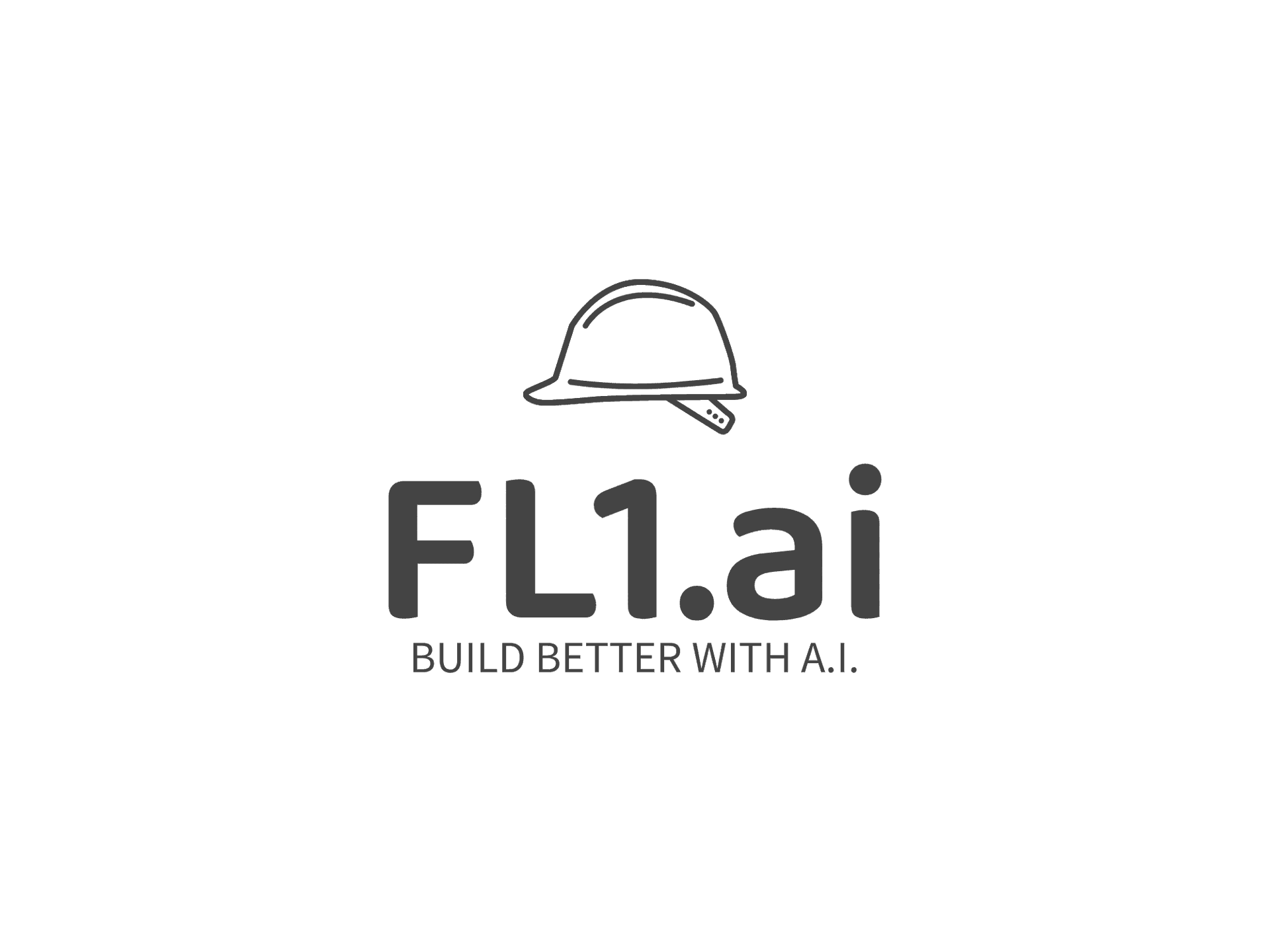The Future of Project Planning: AI's Role in Construction Efficiency
Embracing Artificial Intelligence in Construction
The construction industry has long been associated with manual labor and traditional processes. However, the integration of Artificial Intelligence (AI) is set to revolutionize project planning, promising substantial improvements in efficiency and productivity. As more companies adopt AI technologies, the landscape of construction project management is rapidly evolving.
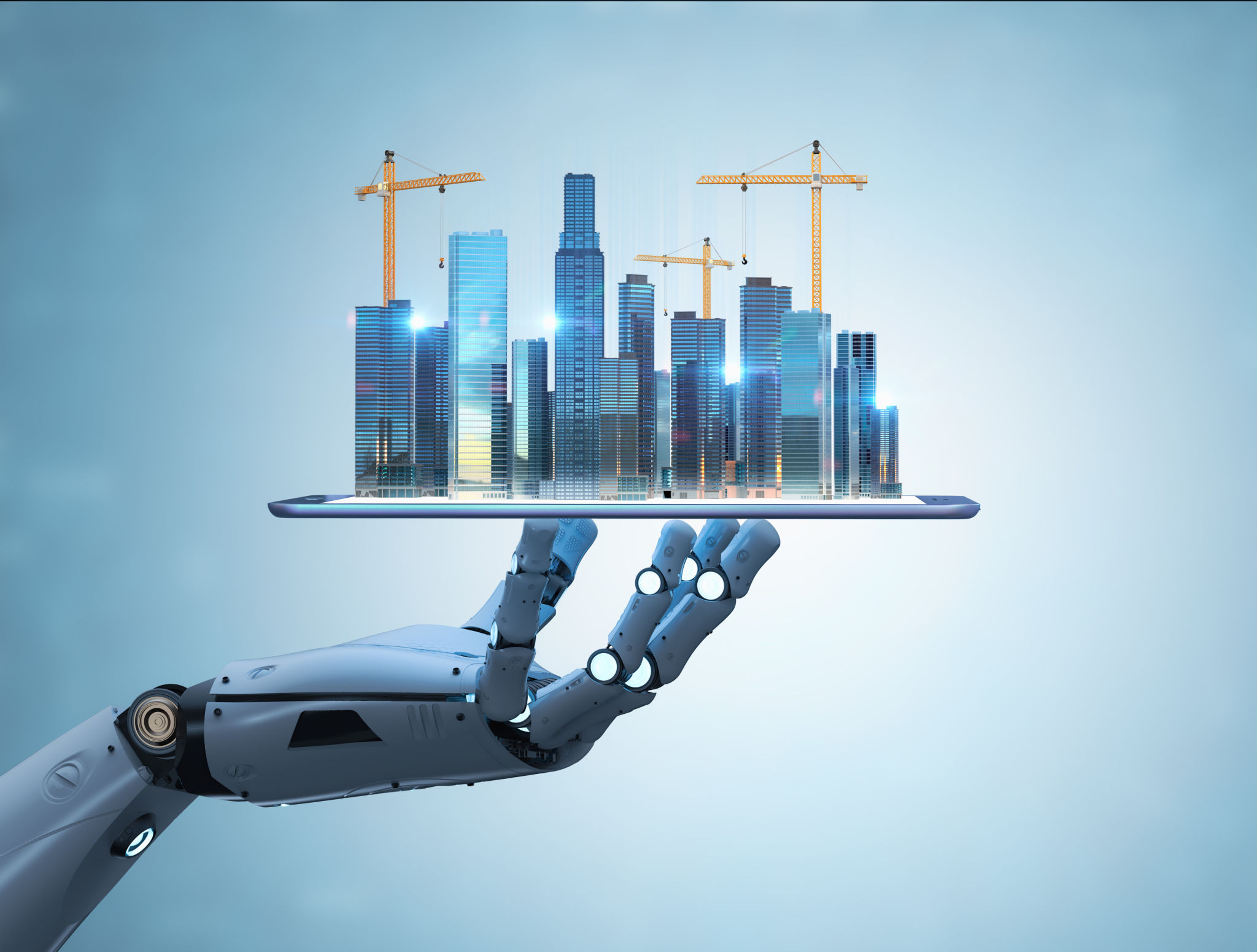
AI's potential to optimize resource allocation, streamline workflows, and minimize risks is transforming how construction projects are executed. From design to execution, AI-driven tools are enabling more precise planning and execution, resulting in timely completions and reduced costs.
Enhancing Precision with Predictive Analytics
One of the most significant contributions of AI in construction is its ability to leverage predictive analytics. By analyzing massive datasets, AI can forecast potential delays and budget overruns, allowing project managers to address issues proactively. This predictive capability ensures that projects stay on track and within budget.
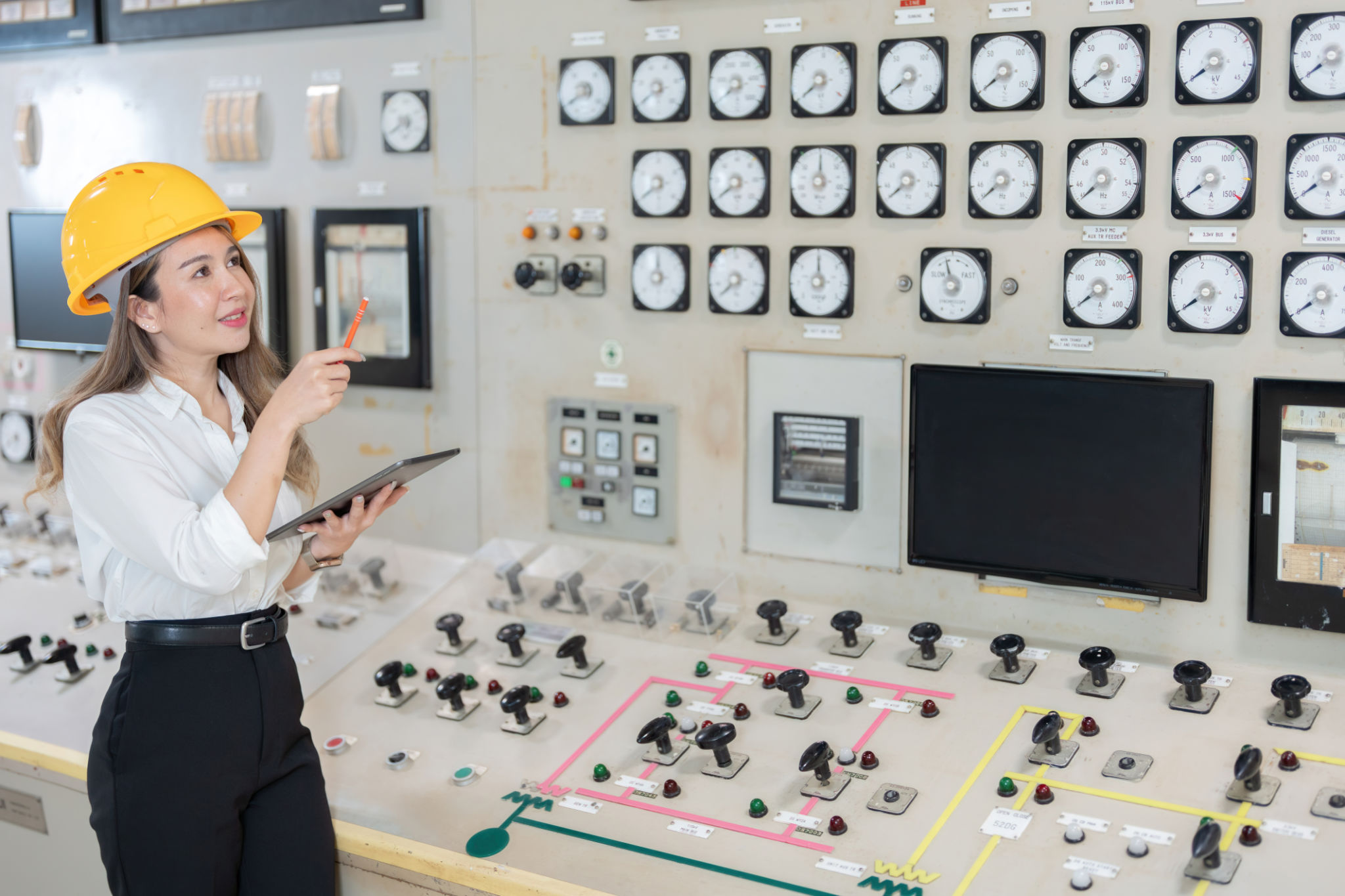
Predictive analytics not only helps in risk management but also enhances decision-making accuracy. With AI models continuously learning from historical data, construction firms can make informed choices that optimize resource allocation and improve overall project outcomes.
Automation and Robotics: The Future of Labor
AI is also driving the use of automation and robotics in construction. Automated machinery and drones are increasingly being used for tasks such as site surveys, material transportation, and even bricklaying. This shift towards automation reduces human error and accelerates project timelines.
The integration of robotics in construction not only enhances efficiency but also addresses labor shortages. As the industry faces a growing skills gap, AI-driven automation offers a viable solution to maintain productivity levels without compromising quality.
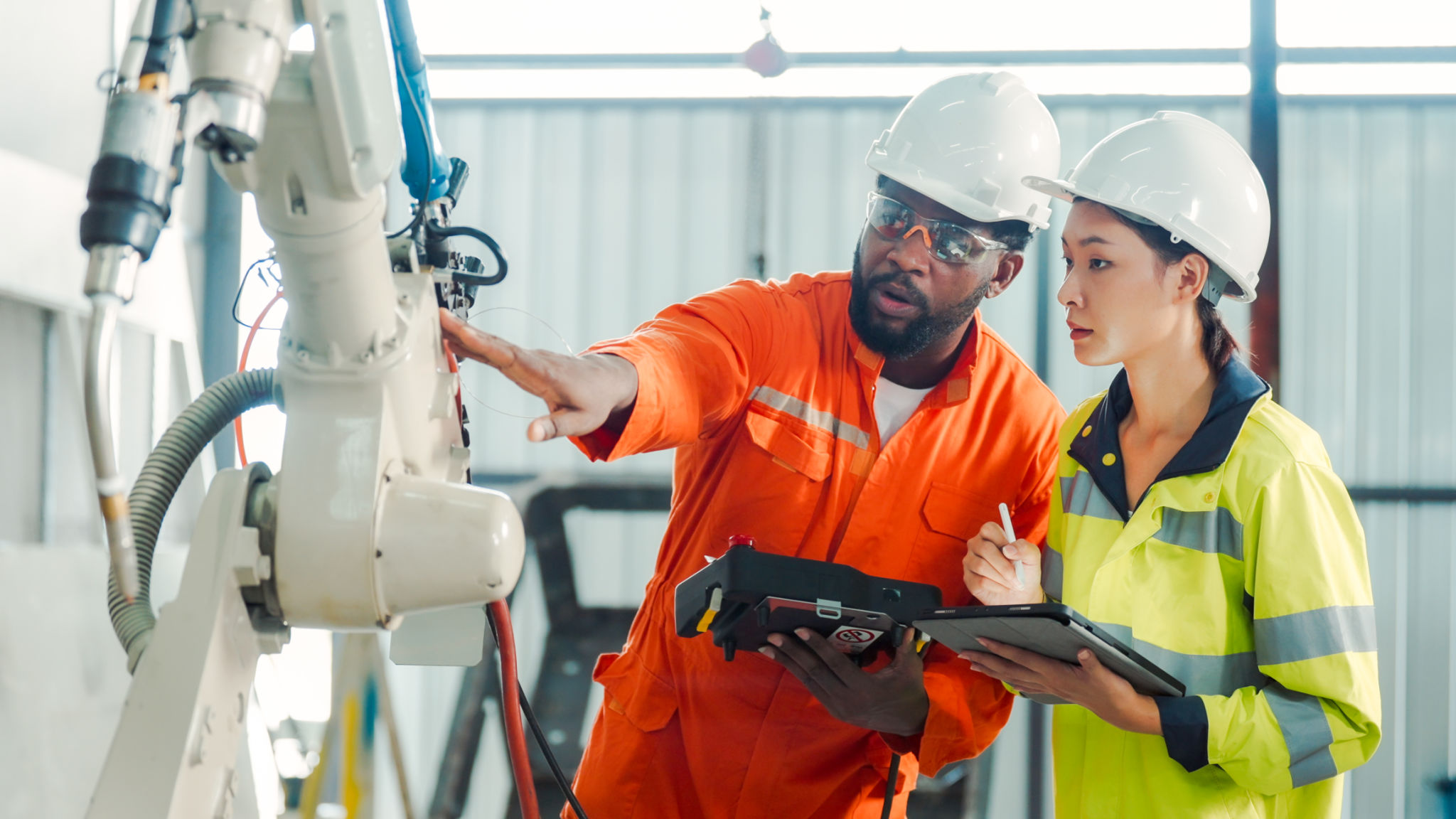
Improving Safety Standards
Safety is a paramount concern in construction. AI technologies are playing a crucial role in enhancing safety standards by predicting potential hazards and monitoring compliance with safety protocols. Wearable technology equipped with AI can track workers' movements and alert them of potential dangers.
Additionally, AI systems can analyze video feeds from construction sites to identify unsafe practices in real-time, allowing for immediate corrective actions. These advancements contribute to creating safer working environments and reducing workplace accidents.
A Collaborative Future
The future of project planning in construction is undeniably collaborative, with AI serving as a bridge between various stakeholders. AI-powered platforms facilitate seamless communication among project managers, architects, engineers, and clients, ensuring that everyone is on the same page.
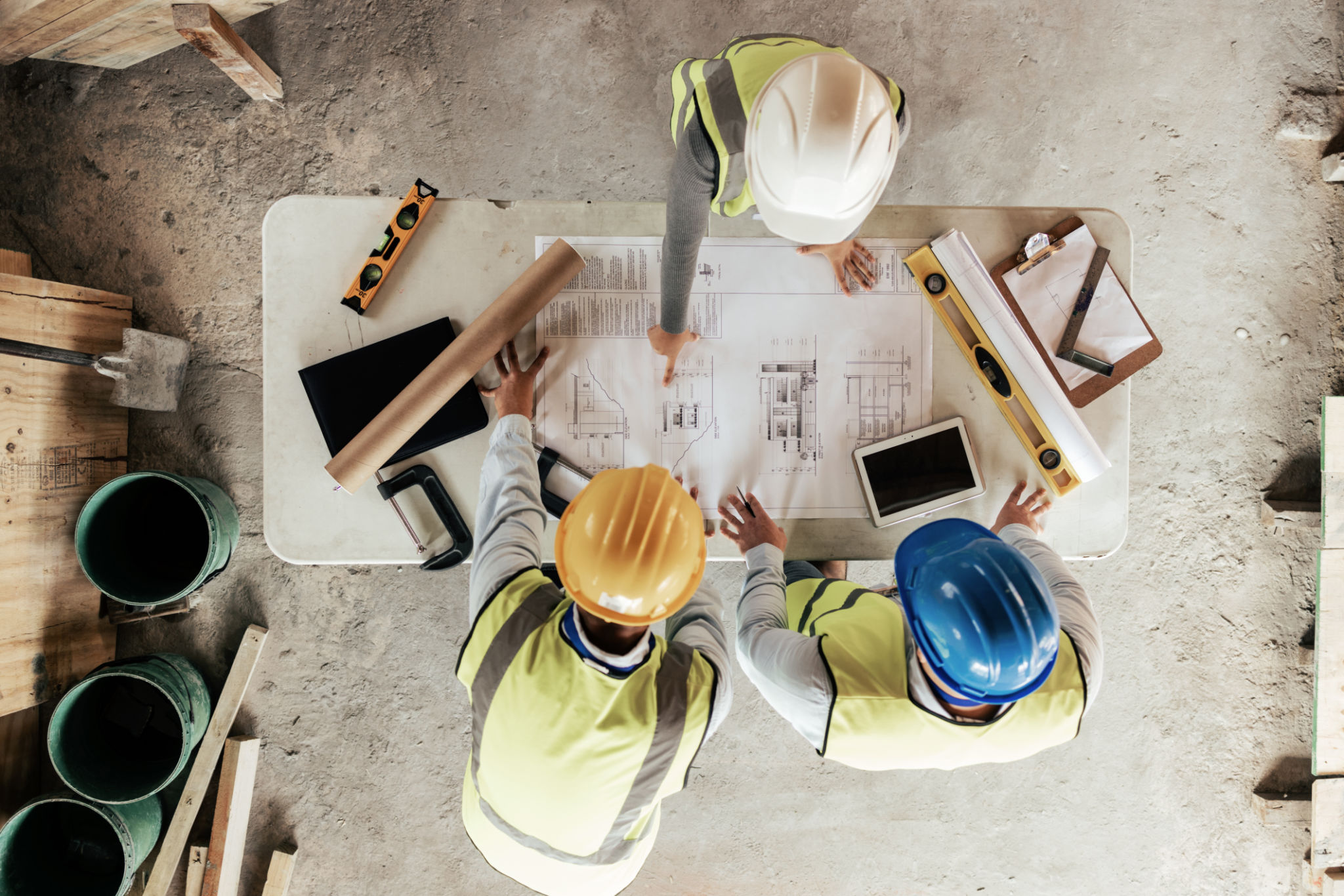
By fostering collaboration, AI solutions help mitigate misunderstandings and streamline decision-making processes. This integration leads to more cohesive project execution and strengthens client relationships through transparency and accountability.
Conclusion: The Path Forward
The role of AI in construction is no longer a distant possibility but an emerging reality that promises to reshape the industry. As technology continues to evolve, its application in project planning will only grow more sophisticated, offering new opportunities for increased efficiency and innovation.
Embracing AI today can provide construction firms with a competitive edge, enabling them to deliver projects faster, safer, and more cost-effectively. The future of construction lies in the hands of those willing to harness the power of AI for smarter project planning.
